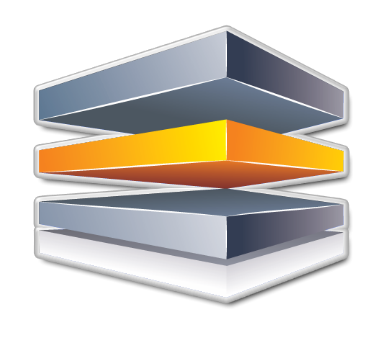At the virtual Davos Dialogues held last week, the international organisation for public-private cooperation introduced the Global Artificial Intelligence (AI) Action Alliance (GAIA) and the Essential Digital Infrastructure and Services Network (Edison) Alliance, as COVID-19 speeds up the adoption of digital technologies by several years across the globe.
According to the WEF, the GAIA aims to accelerate the adoption of inclusive, transparent and trusted artificial intelligence (AI) globally.
It is a multi-stakeholder collaboration platform designed to accelerate the development and adoption of AI tools globally and in industry sectors.
The alliance brings together over 100 companies, governments, international organisations, non-profits and academics united in their commitment to maximising AI’s societal benefits while minimising its risks.
According to the WEF, AI holds the promise of making organisations 40% more efficient by 2035, unlocking an estimated $14 trillion in new economic value. But as AI’s transformative potential has become clear, so too have the risks posed by unsafe or unethical AI systems.
“AI holds the potential to deliver enormous benefits to society, but only if it is used responsibly. We are launching the Global AI Action Alliance along with our partners to shape a positive, human-centred future for AI at this decisive moment in its development,” says Klaus Schwab, founder and executive chairman of the WEF.
A steering committee consisting of top global leaders from industry, government, academia and civil society guides the alliance. The steering committee is co-chaired by Arvind Krishna, chairman and CEO of IBM; and Vilas Dhar, president of the Patrick J McGovern Foundation, a global AI and data philanthropy organisation.
Members of the alliance will work together to identify and implement the most promising tools and practices for ensuring AI systems are ethical and serve all society members, including groups historically under-represented in the AI ecosystem, notes the WEF.
Supported by a grant from the Patrick J McGovern Foundation, the alliance will provide a community for real-time learning and rapid scaling of proven approaches to ethical AI, as well as a forum to accelerate collective action on emerging challenges and issues.
Digital fractures
The Edison alliance, according to the WEF, is the first global mobilisation of public sector and industry leaders from all industries to ensure everyone can participate in the digital economy.
It aims to accelerate digital inclusion, address inequality and connect critical sectors of the economy through ensuring access to digital technologies to enable citizens across the globe to work, learn and live during the COVID-19 pandemic.
“The pandemic has exposed and exacerbated existing gaps and inequalities: almost half of the global population – some 3.6 billion people, remain offline and broadband services are too expensive for 50% of the population in developed countries. These ‘connectivity deserts’ hamper access to health, education and economic inclusion,” notes the WEF.
The alliance will work with governments and industries to accelerate digital inclusion. Its goal is to ensure an unprecedented level of cross-sectoral collaboration between the technology industries and other critical sectors of the economy.
A multi-sector board will steer the alliance: Hans Vestberg, chairman and CEO of Verizon, will serve as chairman of the alliance and board. He is joined by Paula Ingabire, Rwanda’s minister for ICT and Innovation; Ajay Banga, Mastercard executive chairman; Shobana Kamineni, executive vice-chairperson of Apollo Hospitals Group; and Robert F Smith, founder, chairman and CEO of Vista Equity Partners.
The WEF says it will serve as the secretariat and platform for the alliance, while a wider group of “champion leaders” will advise and support the alliance.
“This marks the first time so many private and public sector leaders from across industries are coming together to close the digital divide,” says Derek O’Halloran, member of the executive committee and head of the digital economy at the WEF.
“Accelerating affordable access to digitally-enabled services – like healthcare, education or financial services – is foundational to economic recovery and social cohesion. Achieving this will take deep, sustained collaboration. It is critical that we move together and that we move fast.”
The Edison alliance will prioritise digital inclusion as a platform of partners with a common purpose for achieving the sustainable development goals, notes the WEF.
In 2021, the alliance seeks to focus on increasing digital inclusion in healthcare, education and financial services.
 E-Library & File Box
E-Library & File Box